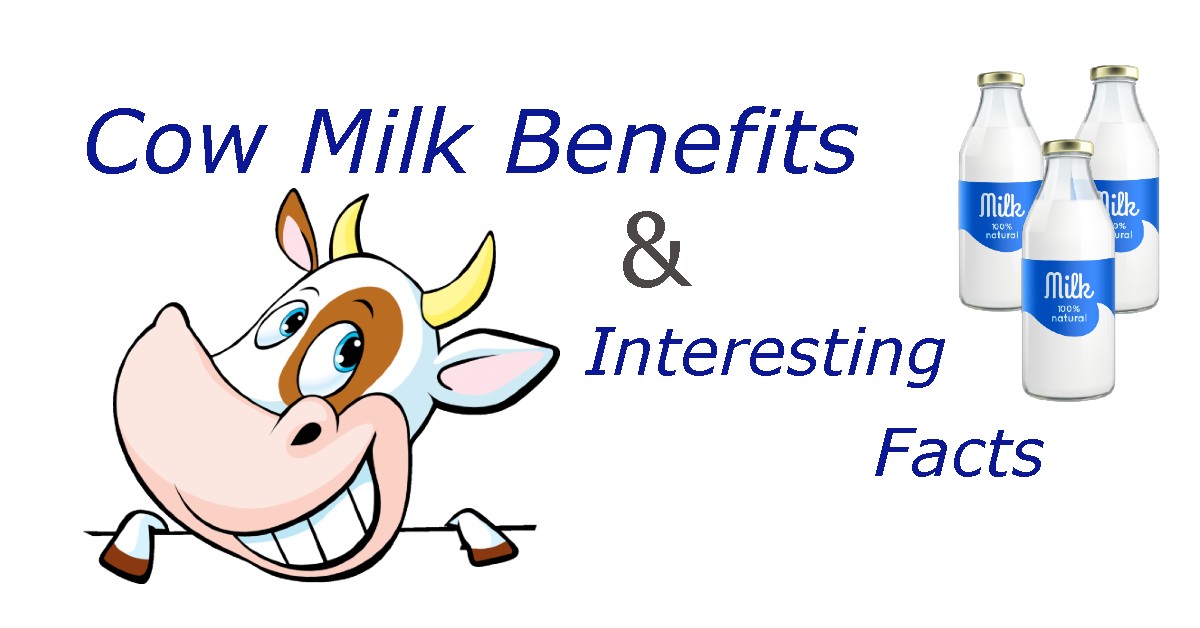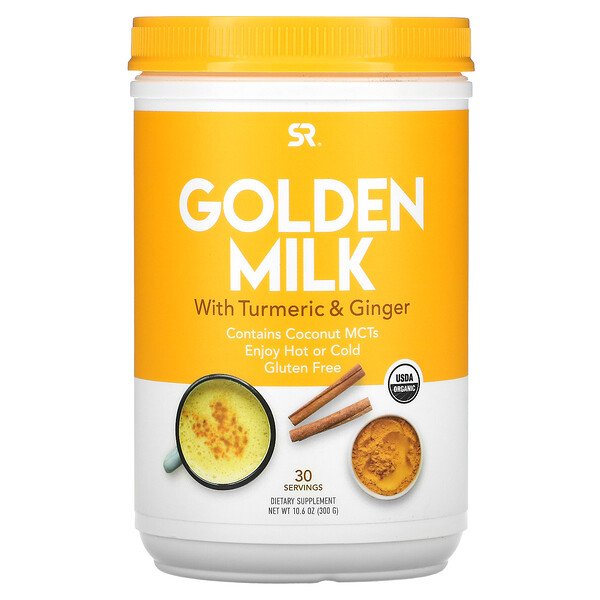Cow milk
For many years, scientists, dieticians and internet warriors have been speculating about how good or bad cow milk is for us. But the verdict is still out on this time old question. Some people are pro milk, others seek out alternatives as far as they can. So let’s take a good look at what is inside the white.
Is cow milk a natural blood thinner?
Although there is no evidence to support the question about cow milk being a natural blood thinner, there are many other beverages that does have natural abilities to help thin your blood and prevent deep vein thrombosis. Because dehydration can cause your blood to thicken, you need to stay well-hydrated. According to the National Academy of Sciences, Engineering and Medicine, women should drink an average of 2 lt and men 3 lt of water through beverages and food daily. Since milk does contain water, this certainly counts as part of the daily intake. Although it might be better to stay away from consuming large amounts of full cream milk. Other drinks can also be beneficial, you can find them in a natural blood thinner category on this site.
Let’s get back to our question, Hematic food channel run an experiment to find out if Cow milk is a natural blood thinner. The experiment below was done on the empty stomach and also showing if Cow milk is increasing a sugar level. Which may be handy to know to diabetic or pre-diabetic person.
Milk can also be mixed with Turmeric powder, with a bit of ginger, and cardamom. This mixture called a golden milk. This drink comes from India and started to gaining momentum in western cultures. You can read about these products on this site and see how they affect out body.
Is milk good for you?
Many essential nutrients can be found in milk, such as calcium, protein and vitamin D. But that is only if we are talking about cow’s milk. Also if we are talking about good old pasteurized milk, and not the flavoured milks. Those can have as much sugar in them as a can of soda. But to focus on the question, we will focus on plain, full cream cow milk. So the answer is yes, in most cases. It contains calcium, which has many functions such as the healthy development and maintenance of bones and teeth, maintaining normal blood pressure, and controlling muscle contractions. Then there is the vitamin D, which helps the body to absorb calcium more effectively. Because of this, it is important for the formation, growth and repair of bones. It also boosts your immune system. Then we have choline, which is an important nutrient in the body. It helps with muscle movement and memory. Although the body can produce most of its own choline, some of it needs to come from what you consume. Next up is potassium, which helps reduce the risk of stroke, heart disease, high blood pressure, loss of muscle mass, loss of bone mineral density, and kidney stones. According to the American Heart Association, you should consume 4700 mg of potassium daily.
Now remember that I said that the answer is yes in most cases. Where the answer is not yes, it may be because of an allergy to lactose (which is the natural sugar in milk), or casein (which is the milk protein).
Benefits of raw milk
First, we need to understand what raw milk is. It is milk which has not been pasteurized or homogenized. The argument is that raw milk is better for you since it is completely natural, and contains more amino acids, vitamins, minerals, antimicrobials and fatty acids. Pasteurization is seen as unnecessary since bovine tuberculosis has been eradicated. It is also seen as a better alternative to people with asthma, allergic conditions, autoimmune conditions, and lactose intolerance. Unfortunately, science does not back these claims, and the risks of consuming raw milk still exist.
What is homogenized milk?
Homogenized milk is a process where they mix and disperse the milkfat through the use of a high-pressure procedure which breaks the milkfat down into smaller particles. This creates a uniform mixture, where the milkfat does not rise to the top to create a layer of cream. This is simply done as a condition of comfort, so that you do not need to shake or stir the milk before consumption. Homogenization does that for you. Milk homogenization normally takes place after the milk has been pasteurized.
Cow milk vs Almond milk
First off, what is almond milk? It is simply ground almonds and filtered water. So off the bat, people with a nut allergy should stay far away from almond milk. Now the question arises – which is better? Truthfully, both are equally good for you. Since almond milk is designed to resemble cow milk, they both contain the same amount of fat, protein, salt, vitamin D and calcium. The major plus point for almond milk is that it can be safely consumed by people who are lactose intolerant, and it is also a staple in the cupboards of vegetarians and vegans, as well as people who are on the paleo diet.
pH of milk
Because milk contains lactic acid, the pH level is below neutral at approximately 6.7 to 6.9. But it differs. Fresh milk has a pH of between 6.5 and 6.7, but this gets lower as milk starts to go sour. The milk becomes more acidic due to the lactic acid bacteria in milk converting the sugar into lactic acid. This acidity usually ranges from 0.10% to 0.26%, and is determined by the pH.
List of dairy products
Immediately when you hear that you have to list dairy products, you think of the usual items such as milk, yoghurt and cheese. But there is so much more to it. To begin with, when anyone or any label refers to something containing dairy, it specifically refers to cow’s milk. The most well-known dairy products are milk, butter, cheese, yoghurt, cream, ice cream, whey and casein. But dairy products can hide in the most unlikely places, such as hot dogs, chicken nuggets, tomato sauce, mayonnaise and even chewing gum. This is why it is so important to read the labels on all food and beverage items, especially if you have a dairy allergy or if you are following a specific diet.
Interesting facts about milk
Just to end off this topic, let’s take a look at some generally asked questions.
How much does a gallon of milk weigh?
One gallon of milk equates to 3.78 litres as per the metric system.
Can you freeze milk?
Yes, milk can be frozen for up to 6 months. Defrosted milk is best used in cooking, baking and smoothies. Defrosted milk can have a different taste and texture which may be unpleasant to drink.
How long can milk sit out?
Milk can stay out of the fridge for 2 hours at room temperature before the bacteria that makes milk go sour starts to grow. In lower temperatures the time frame increases slightly, and in warmer temperatures the time frame decreases exponentially.
Does milk help with heartburn?
Yes, but it is a temporary fix. The nutrients in milk, such as the fat, may cause the stomach to produce more acid.
How long is milk good for after the expiration date?
Most research shows that you can still safely consume fresh, unopened milk 5-7 days after its sell-by date, if stored correctly. If it has been opened, the time frame lowers to 2-3 days.
Why does organic milk last longer?
Due to the preservation processes that organic milk goes through, this allows it to last much longer. It can be stored in a cool place for up to 6 months, and only needs to be refrigerated once opened. These milk products are commonly referred to as UHT products. This simply stands for ultra-high temperature processing. For an interesting read on UHT, follow this link Ultra-high-temperature processing – Wikipedia

